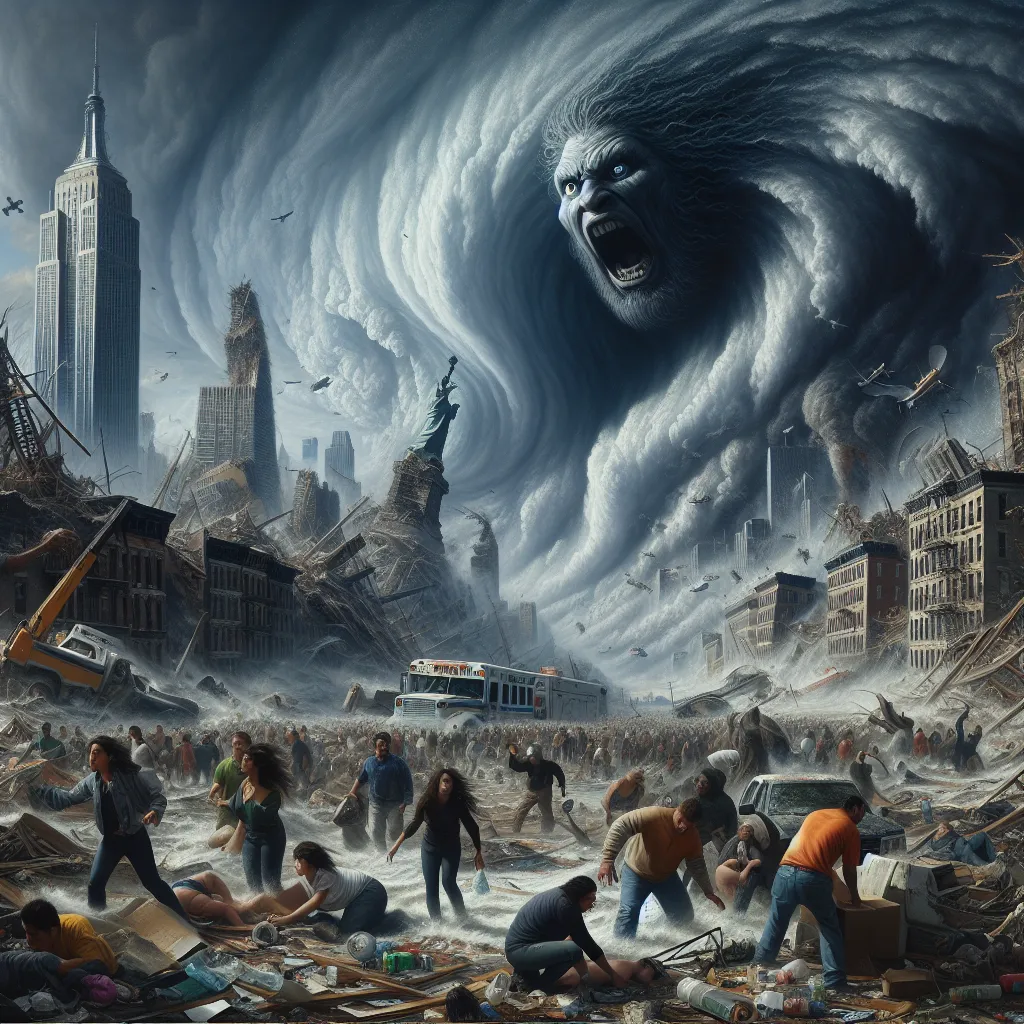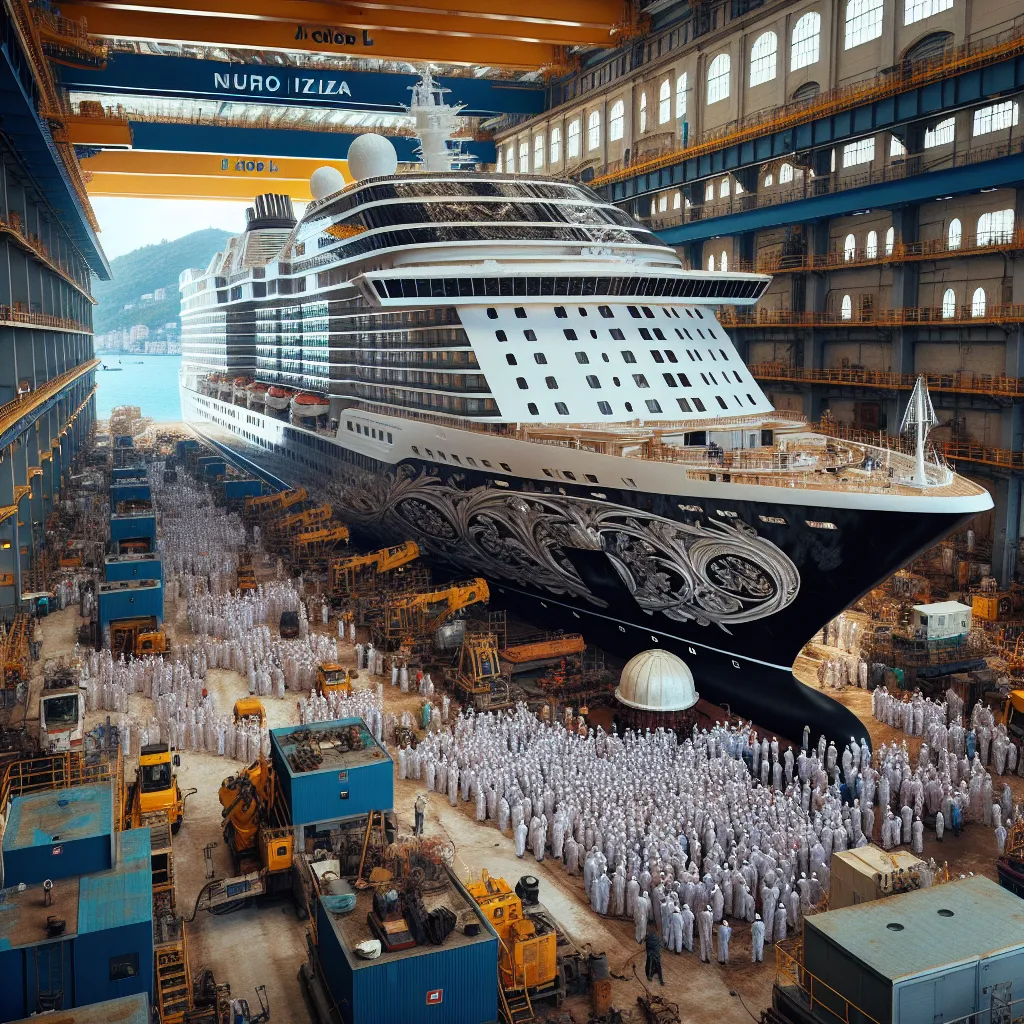When I first considered Earth as a self-regulating system, it was back in 1965. Over the years, the concept evolved in my mind. Living in Wiltshire at the time, I often walked to the local shop with my neighbor, the famous novelist William Golding, who had a keen interest in science. He urged me to give this grand theory a proper name, and so “Gaia” was born.
Since introducing the Gaia theory, it’s gradually gained acceptance in the scientific community, though many prefer the term “Earth system science” to avoid the early scorn it faced. Essentially, Gaia theory has made several accurate predictions. For example, we now know that certain algae produce gases leading to cloud formation, reflecting sunlight, and cooling the Earth. Without these natural processes, our planet would be almost 10 degrees hotter.
Global warming, unfortunately, is no longer a theory but a stark reality. Ask anyone, and they’ll confirm noticeable changes in the climate over the past few decades. Now, places like Devonshire are even talking about growing olives. Despite living in urban environments with modern conveniences like air conditioning, many of us have lost touch with nature’s rhythms.
Our current trajectory is alarming. If humanity hadn’t developed as it did, we might be on the brink of another Ice Age. However, our activities have pumped so much carbon dioxide into the atmosphere that we’ve drastically altered the Earth’s climate. This change mirrors an event from 55 million years ago, though back then, life had millennia to adapt; today’s rapid changes leave little time for adjustment.
Looking ahead, climate models predict that by 2040 or 2050, extreme heatwaves like the one Europe experienced in 2003 will become the norm. This will devastate agriculture and ecosystems, leading to severe food shortages and mass migrations. In just a few decades, we may face a grim scenario where food supplies are scarce and the survival of many is uncertain.
Despite the grim outlook, there are engineering solutions being proposed to mitigate global warming. Some scientists suggest creating sunshades in space or introducing sulfur aerosols into the atmosphere to reflect sunlight. While these ideas are still in the experimental phase, they offer a temporary reprieve, buying us time to reduce carbon emissions.
As for energy sources, nuclear power should play a crucial role, especially for densely populated nations. Nuclear energy has a minimal environmental footprint and provides a stable electricity supply. Modern advancements, like small-scale reactors, could address safety concerns and provide localized energy.
In contrast, while alternative energy sources like wind and solar power are popular, they are currently inefficient and impractical on a large scale. Hydroelectric power remains a robust option, but opportunities for new hydroelectric projects are limited. Tidal energy holds promise, but large-scale projects like the Severn Barrage in Britain often face opposition due to environmental concerns.
Ultimately, we need to adapt. Preservation of civilization and maintaining the delicate balance of Gaia is crucial. Humanity holds a unique position as both a part of nature and its steward. We’ve witnessed Earth’s beauty from space and have the capacity to safeguard it, ensuring that the Blue Planet remains vibrant for generations to come.






